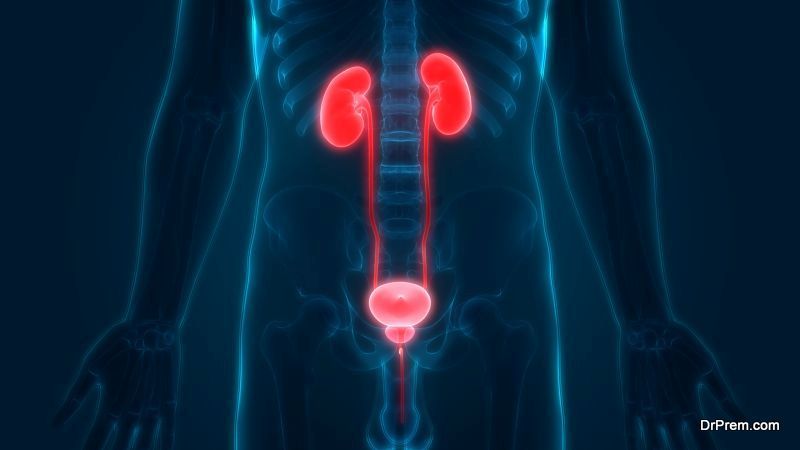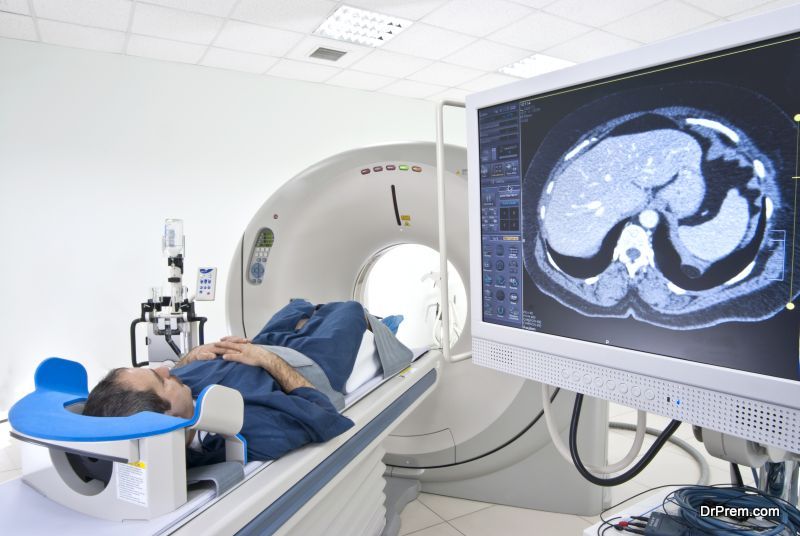Surgery may not be the best option to treat prostate cancer as there are other treatments as well that would yield similar or even better results. It is no doubt very shocking to get diagnosed with prostate cancer as the name itself seems to ring the death knell.
To avoid the worst eventuality, men often out of impulsion decide to go under the surgeon’s scalpel, but the result is often not good. More importantly, surgery may not be needed at all. Elder patients or those with other serious ailments can consider a low- grade prostate cancer as a chronic ailment, which may create unwanted symptoms but would not lead to fatality.
Why is surgery not the best option always?
The rising evidence clearly suggests that. Unless it is a question of life and death, experts advise staying away from surgery due to its undesirable side effects. Men after prostate cancer surgery are likely to suffer from mild urinary incontinence and one out of two patients experience permanent erectile dysfunction. All these have a serious impact on the quality of life.
Surgery does not improve the rates of survival:
The PIVOT (Prostate Intervention Vs Observation Trial) test conducted in 1994 among 731 men with an average age of 68 suffering from prostate cancer revealed the above fact.50% of the above group underwent prostate surgery (radical prostatectomy) and the rest followed watchful waiting.
The results showed that the survival rate of those who underwent the surgery was not better than the watchful waiting group. Therefore, in case of a slow growing cancerous stage with least chances of spreading, doctors naturally suggest alternative treatment options.
What are the treatment options?
Four treatment options are open to a person detected with localized or advanced prostate cancer:
- Observation
- Active surveillance
- Surgery
- Radiation
Other non-conventional treatment options include cryotherapy, high-intensity focused ultrasound and primary hormone therapy.
Advanced treatment options also include robotic assisted prostatectomy and proton beam radiation, the alternative forms of surgery and radiation therapies.
Diagnosis determining the route of action:
The treatment options are suggested based on the results of PSA (Prostate Specific Antigen) testing. If PSA levels are very high, a biopsy is suggested, the result of which is assessed through Gleason score. Lower the score, lesser are the chances of cancer getting spread. This result often guides the route to treatment.
For lower PSA levels and Gleason scores, doctors may recommend active surveillance, which falls in between observation and watchful waiting. Patients are continuously monitored through regular MRI scans, biopsies and blood tests and further treatment plans are devised but not surgery.
Deciding factors:
Before zeroing in to surgery option, one should go through a decision making process which is a mix of clinical and psychological factors. They are listed as follows:
- The need for treatment
- The stage and progress of cancer leading to the assessment of risk factors.
- Individual circumstances
- The patient’s desire towards a specific therapy based on the requirements, risks and benefits.
The choice of treatment options also depends on the:
- Age and general health of the person
- The stage and grade of cancer
- Proper risk-benefit analysis
Deciding the right alternative treatment:
This is stressful. You being the sufferer may not be able to judge the situation properly. Due assistance from your primary healthcare giver and oncologist is necessary to chalk out the right treatment plan. Sometimes more than one treatment option may be required.
But physicians give the best recommendation based on the severity of cancer and patient’s preferences. You might need to come out very clear about your preferences whether you will be able to bear the side effects of surgery or prefer watchful waiting. Whatever you decide, you need to get convinced that surgery is not the only route to cure prostate cancer.







